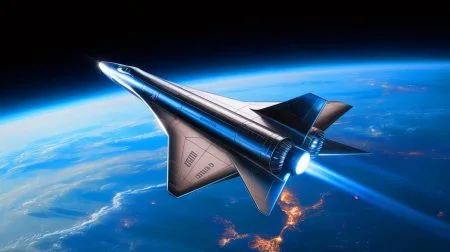The French and Irish energy regulators have given the go-ahead for financing a bilateral 700-megawatt power link that is due to be commissioned in 2026.
The French regulator, CRE, will cover 35 per cent of the estimated €930-million cost of the underwater interconnector.
The Celtic cable was declared a project of common interest by the European Commission since 2013 and is eligible for Brussels’ financial support, according to the CRE.
At least 60 per cent of the investment is expected to come from European Union grants, with Brussels seen as keen to fund interconnector projects. This month the European Commission also announced funding for an interconnector between Sicily and Tunisia to power southern Italy from African renewable projects.
The high-voltage cable project will be the first interconnector linking Ireland to France.
EirGrid, the Commission for Regulation of Utilities in Ireland, and the CRE said the prospect of Brexit meant it was important to establish a direct power link between Ireland and continental Europe’s energy market while also improving Ireland’s security of supply.
The interconnector would run from Ireland’s south coast to Brittany in France. The two regulators said they agreed that 65 per cent of the project’s estimated investment costs would be allocated to Ireland and 35 per cent to France.
The Economic and Social Research Institute recently warned the Republic of Ireland that Britain would no longer be bound by European law requiring member states to share energy resources during crises if it left the EU. It said this would leave Ireland vulnerable to political or geographic crises if the UK decided to stop electricity, gas or oil supplies.
The Irish and French governments in 2016 signed a memorandum of understanding to initiate the second stage of the power-sharing project, including an economic assessment, technical and environmental studies and initial design work.
The link received a €4-million funding boost from the European Commission, which said Ireland’s energy security had become a priority in Brussels.
“Only a fully interconnected market will improve Europe’s security of supply and give consumers more choice,” climate commissioner Miguel Arias Cañete said. “As highways do not stop at national borders, neither should pipes and cables.”
Ireland’s coast in County Cork. The European Union is increasingly funding underwater power links. Picture credit: PXHere
Did you like it? 4.4/5 (23)






